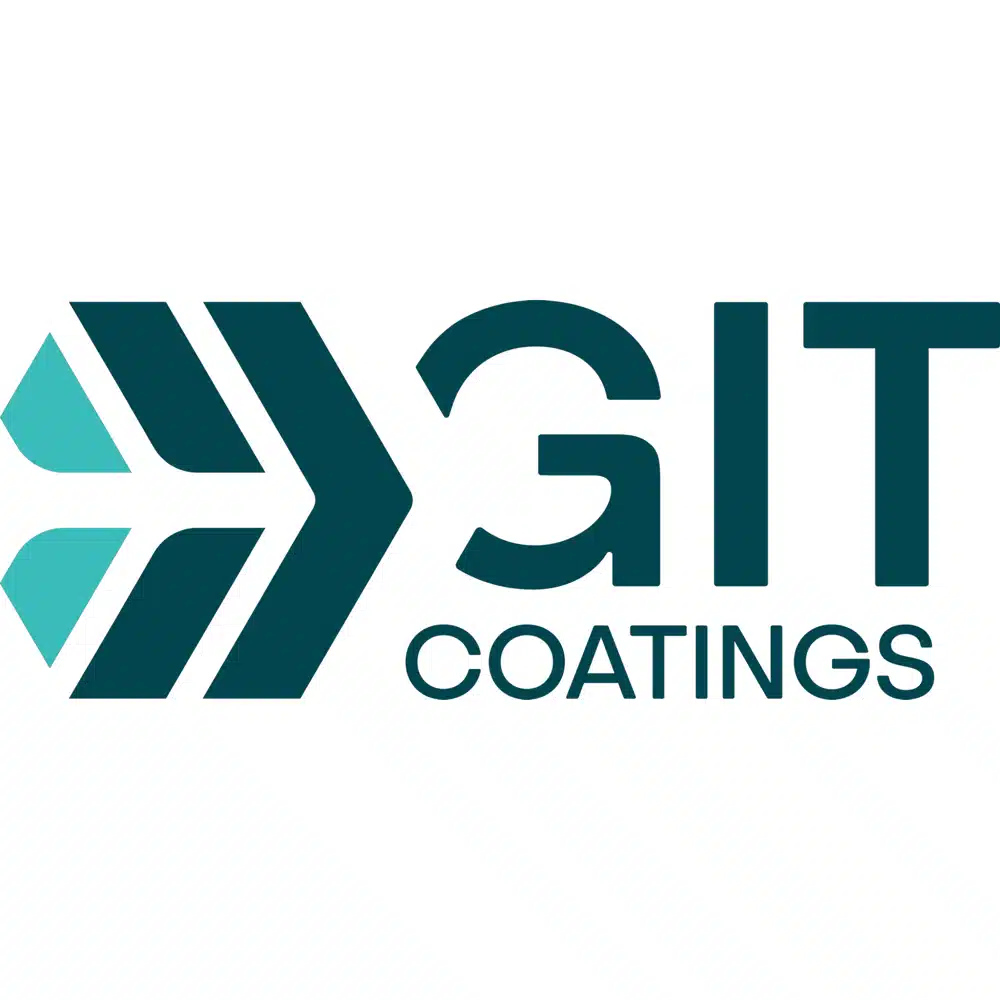LR awards maritime industry’s first enhanced antifouling type approval to GIT Coatings
Lloyd's Register Sets a New Standard with Enhanced Antifouling Type Approval for GIT Coatings

Lloyd’s Register (LR) has introduced a new service that offers the maritime industry the first Enhanced Antifouling Type Approval, awarded to GIT Coatings. This approval introduces a higher standard for antifouling coatings to help manage biofouling, which is essential for cutting emissions, protecting marine life, and promoting sustainability.
What is Biofouling, and Why Does It Matter?
Biofouling occurs when marine organisms, such as algae and barnacles, stick to the hulls of ships. If left unchecked, these organisms can slow down ships, increase fuel usage, and raise emissions. Effective antifouling coatings and hull grooming programs—which clean the hulls without damaging the paint—are vital to managing this problem and supporting decarbonization efforts.
A New Approach to Sustainable Hull Coatings
Lloyd’s Register is the first classification society to offer this new type of antifouling approval, which assures ship owners that their coating will maintain hull smoothness both before and after cleaning. This is important because smoother hulls lead to better vessel performance and lower emissions. The approval also ensures that the coatings meet environmental standards by not releasing harmful chemicals into the water.
The Enhanced Type Approval has been given to GIT Coatings for their XGIT-Fuel graphene-based coating. This product is the only approved hull coating designed for grooming, making it a standout solution for biofouling management. It prevents microfouling from growing into larger organisms while maintaining a low-friction surface without using toxic substances like biocides or silicone oils.
How XGIT-Fuel Supports Sustainable Shipping
XGIT-Fuel’s coating allows ships to stay out of dry docks for longer by maintaining performance during the entire docking cycle. Its hull grooming program ensures that ships remain clean without the paint being damaged or releasing organisms into the ocean. This makes it a clean, green alternative to traditional antifouling solutions.
Heather Hughes, Team Leader for Non-Metallics and Coating Materials at Lloyd’s Register, said, “This approval highlights the industry’s shift towards eco-friendly coatings. By choosing the right coating, shipowners can maintain clean hulls and ensure their performance stays strong even after grooming.”
Aligning with Global Regulations
The new type approval also aligns with the
(IMO) 2023 biofouling guidelines. While the IMO’s Antifouling Systems (AFS) Convention ensures coatings are free from banned substances, it does not cover performance or cleaning standards. This is where LR’s new service fills the gap by helping ships comply with stricter entry requirements imposed by various countries to protect their marine ecosystems.
Heather Hughes added, “As more countries introduce stricter marine rules, this approval will help businesses stay ahead of the regulations.”
A Milestone for GIT Coatings
For GIT Coatings, receiving the Enhanced Antifouling Type Approval is a major achievement. “This approval proves that our XGIT-Fuel technology is effective in keeping hulls clean when paired with regular grooming. Our mission is to offer sustainable, biocide-free solutions that shipowners can rely on,” said Philippos Sifiris, Head of Market Strategy & Vessel Performance at GIT Coatings.
Looking Ahead: Promoting Eco-Friendly Solutions
The new antifouling approval will be showcased at the 3rd GloFouling R&D Forum and Exhibition in Korea from November 4-8. Both Lloyd’s Register and GIT Coatings will highlight how enhanced antifouling solutions can help the industry move towards a greener future.
As the maritime industry continues to focus on sustainability, innovations like XGIT-Fuel play a key role in reducing emissions and protecting the oceans. Marciel Gaier, Chief Technology Officer at GIT Coatings, emphasized, “Our biocide-free coating technology supports global sustainability efforts and helps the industry shift towards a cleaner future.”
With Lloyd’s Register leading the way, this Enhanced Antifouling Type Approval marks a new era in marine coatings—one that balances performance with environmental responsibility.
